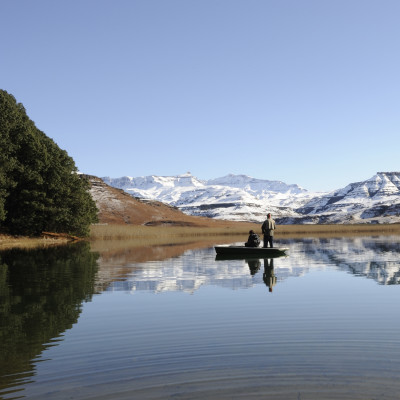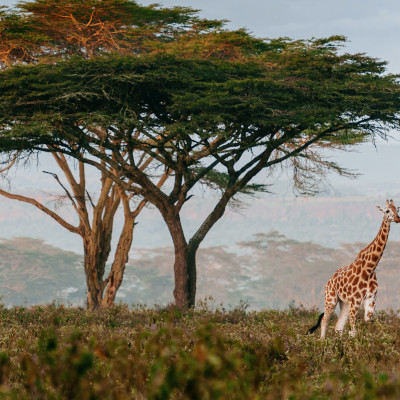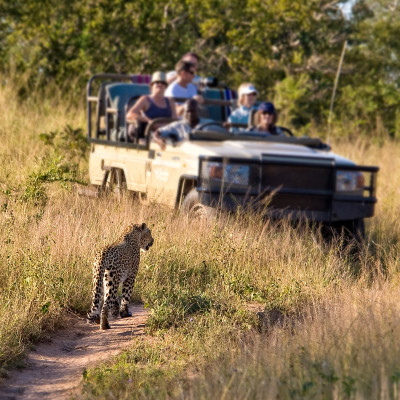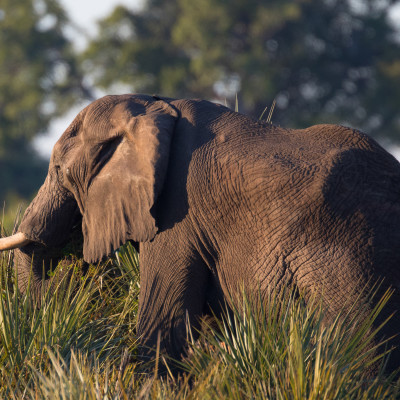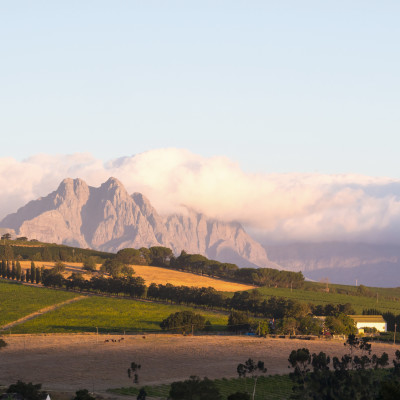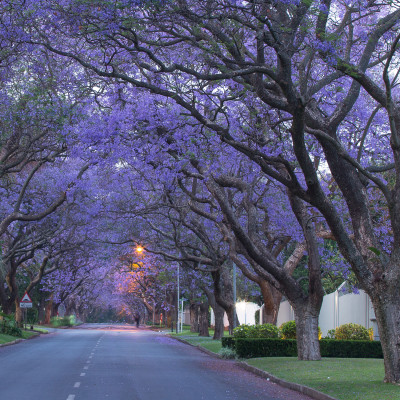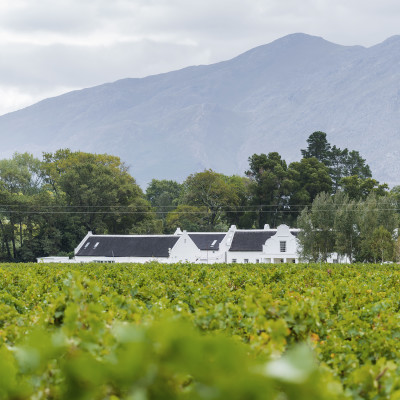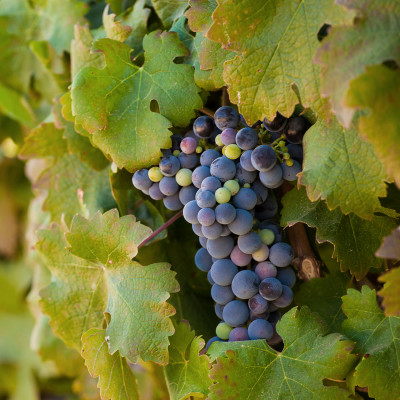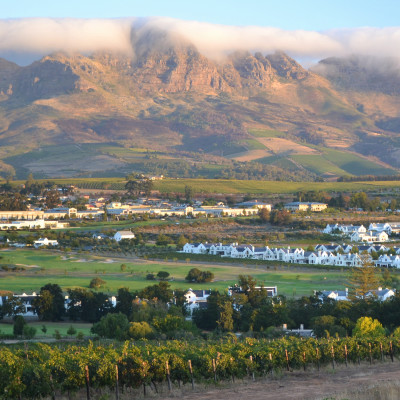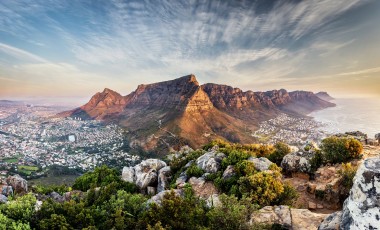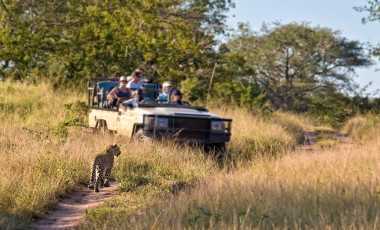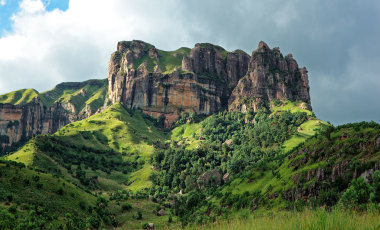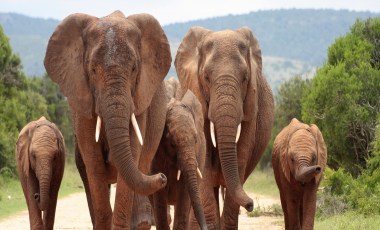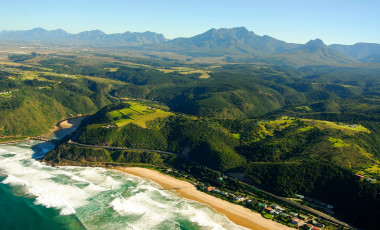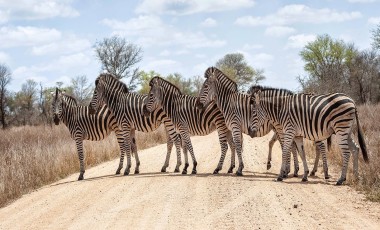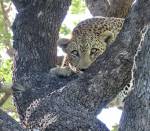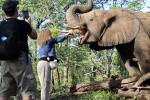South Africa: Expert tips and facts
Planning a trip to South Africa? Find all the essential details from our experts in our South Africa travel guide.
South Africa is one of the most diverse countries in the world! Exotic combinations of landscapes, people, history and culture offer the traveler a unique and inspiring experience. South Africa is a heady mix of cultures from both developing and developed nations – along with some of the best and least crowded beaches in the world. The combination of wildlife parks like Kruger National Park, eight UNESCO World Heritage sites, beautiful natural scenery, excellent infrastructure, and a stable post-apartheid environment make South Africa a great destination for anyone.
Before you set out on your journey, it’s important to acquaint yourself with some important information. From shopping to tipping, driving around and more, find advice from experts in our South Africa travel guide.
The Enchanting Travels team look forward to welcoming you on one of our tailor-made South Africa tours.
Driving around South Africa
Everyone drives on the left in South Africa and the motor vehicles are built accordingly. The maximum speed on the motorways is 120 km, the right lane is for overtaking, but pay attention on three lane motorways – everyone overtakes from all sides! Being caught speeding is an expensive exercise! The maximum speed in national parks is 30-40 km per hour.
Driving under the influence of alcohol is forbidden in South Africa, with a zero tolerance from the authorities. As a motorist, if you are stopped by a policeman or traffic officer during one of our South Africa tours, request to see his/her South African Police Service Identification card and make a note of the officer’s name and number.
Be aware that if you are issued with a citation for any traffic violation, you are not permitted to pay over any amount of cash directly to the officer. Fines for a traffic violation may only be paid at a Magistrate’s Court or Traffic Department where the official receipt will be issued.
If you are denied these rights, report the matter immediately to the nearest Police Station and/or your Enchanting Travels Trip Coordinator.
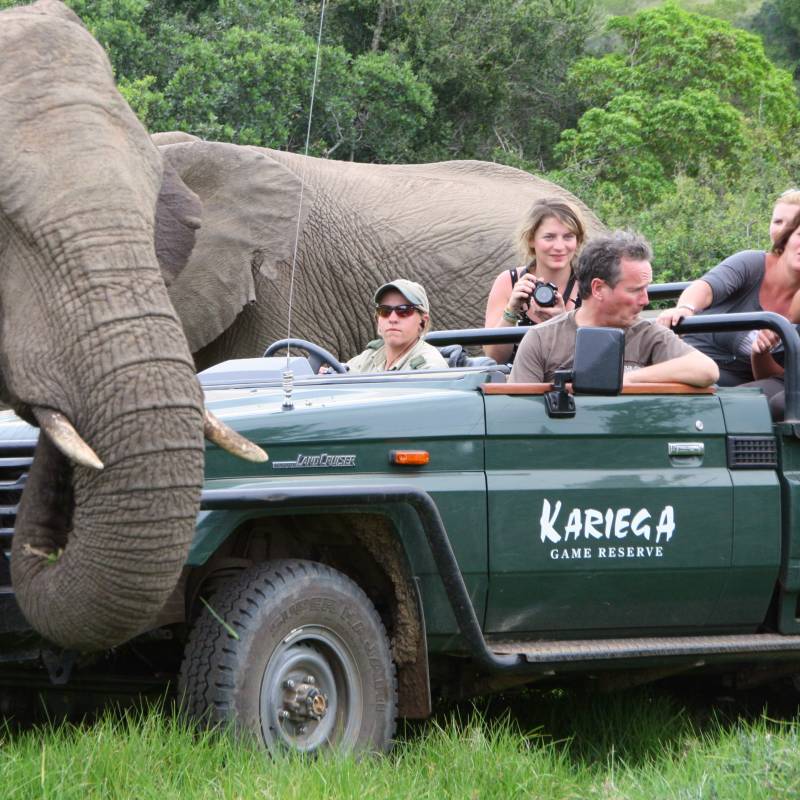
Language
South Africa has eleven official languages – English, Afrikaans, Zulu, Xhosa, Setswana, South Sotho, North Sotho, Tsonga, SiSwati, Venda and Ndebele. There is also a special slang language called “funigalore” – which is a mixture of many of the above-mentioned languages.
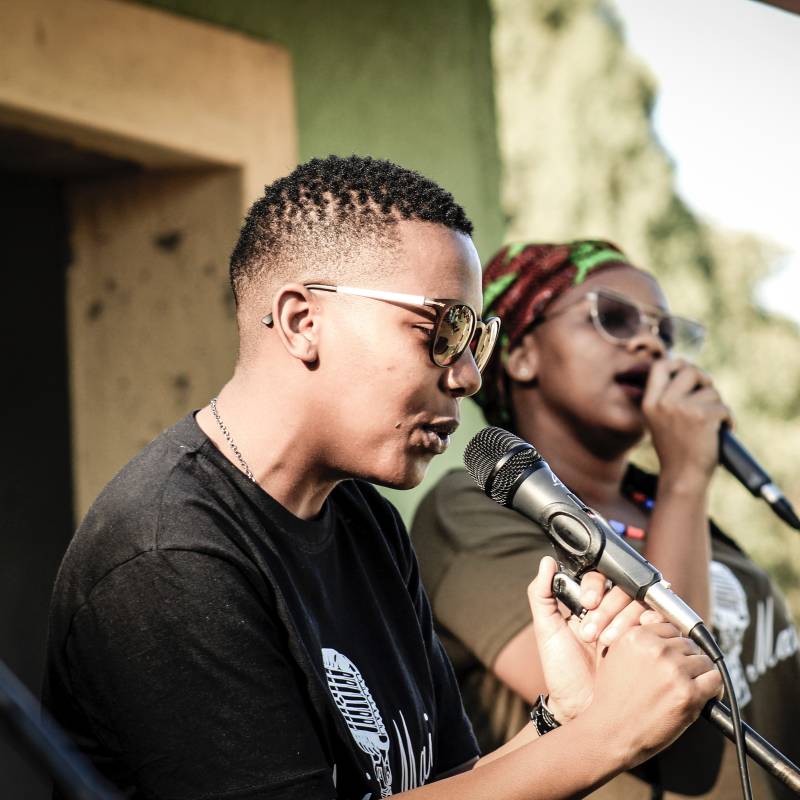
Currency and cards
All leading credit cards are accepted in most hotels, shops, restaurants and airlines, but not at rural souvenir markets. Certain banks have recently imposed a limit on the use of debit cards abroad. Some debit cards can no longer be used for making purchases or drawing money in non-European countries. Others are limited by a very low daily limit. ATMs are easily found in every city and town, usually open 24/7. In remote areas, it will be difficult to find ATM machines that accept foreign cards.
Tips:
- Use or convert back any local currency before leaving, as it will be difficult to change once you are overseas
- Notify your credit card company that you will be travelling and using your card abroad
- Make sure you know your Credit Card PIN as you will need this for credit card payments and for withdrawing money from ATMs
- Check with your bank about the charges for withdrawing from ATMs abroad
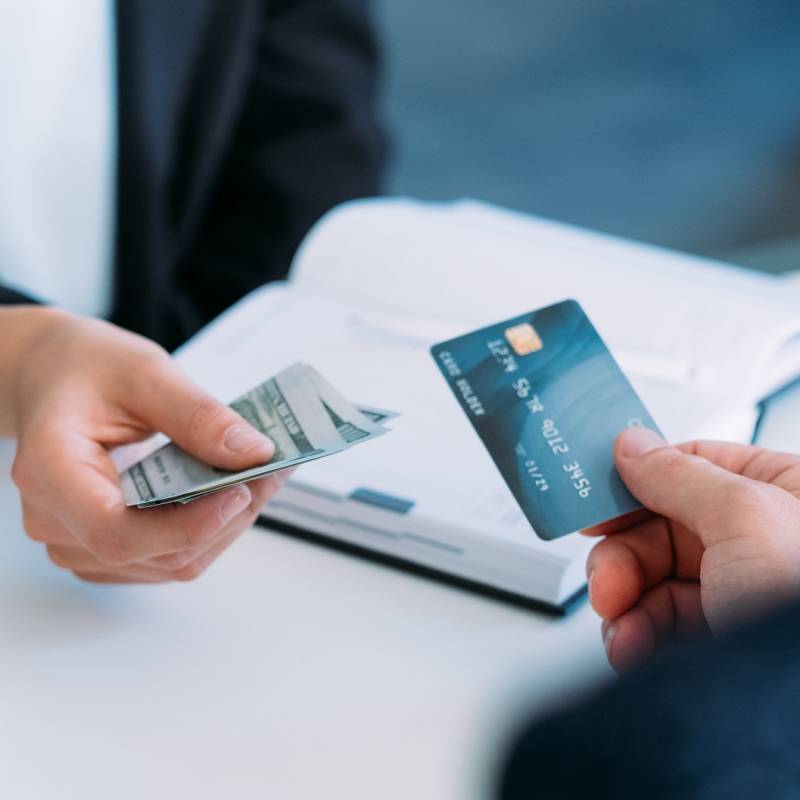
Communication and internet
It can be expensive to make calls in South Africa. The phone network is spread across most parts of South Africa and offers similar comfort to European networks. In rural areas, telephones can be few and far in between. To make calls in South Africa, we recommend you use of a telephone card. These can be purchased in telephone shops or in one of the many supermarkets, post offices, filling stations and at the airport, for ZAR 20-200. Booths for telephone cards are recognizable by their green color, pay phones by their blue color.
Mobile phones are easy to use and popular in South Africa. In the countryside, connection can occasionally be disrupted but coverage is usually no problem in major cities. Mobile networks are well equipped for mobile internet surfing, with often good internet speed. We advise the purchase of a prepaid card of a local provider if you want to make cheap calls within South Africa. A SIM card can be purchased for a few ZAR in many supermarkets or telephone shops. Charges are about ZAR 2-3 per minute. Please bring your passport and address of accommodation.
You can use Skype WIFI in WLAN hotspots to receive online access, and is billed per minute via Skype airtime. Most hotels have an automatic dial exchange in rooms. Remember to dial your country code and leave out the 0 of the area code, e.g. +44 20 1122334.
Most hotels and increasingly also safari lodges offer internet and/or WIFI services to guests (usually subject to a charge). Many airports, restaurants, cafés and shopping centers offer WIFI; e.g. the entire waterfront in Cape Town has free access. There is also WIFI in the subway. Internet cafés are found throughout the country and South Africa boasts an almost 100% GPS coverage. Broadband internet is slower than in Europe.

Health information
South Africa requires a valid Yellow Fever vaccination certificate from all visitors over one year of age, who are arriving from any country with risk of yellow fever. This also applies to travelers on transit via Johannesburg irrespective of their duration of stay. Yellow fever vaccination must be obtained at least 10 days before your trip. If you are coming directly from Europe or the Middle East to East Africa and you do not pass through any country with risk of yellow fever, you do not require a Yellow Fever Vaccination.
Visitors should take the necessary Malaria prophylaxis if they are visiting Kruger National Park. For entry to Victoria Falls (Zimbabwe), Zambia, Botswana and Mozambique a malaria prophylactic, as prescribed by your doctor, is highly recommended.
Medical facilities in cities and larger towns are world-class, but you will find that clinics and hospitals in rural areas tend to deal with primary health need, and therefore do not offer the range of medical care that the large metropolitan hospitals do. Medical practitioners in government as well as in private hospitals in South Africa boast international standards of qualification and are deployed round the country, so help is never far away. You can also purchase medication in pharmacies, which can be found in shopping malls.
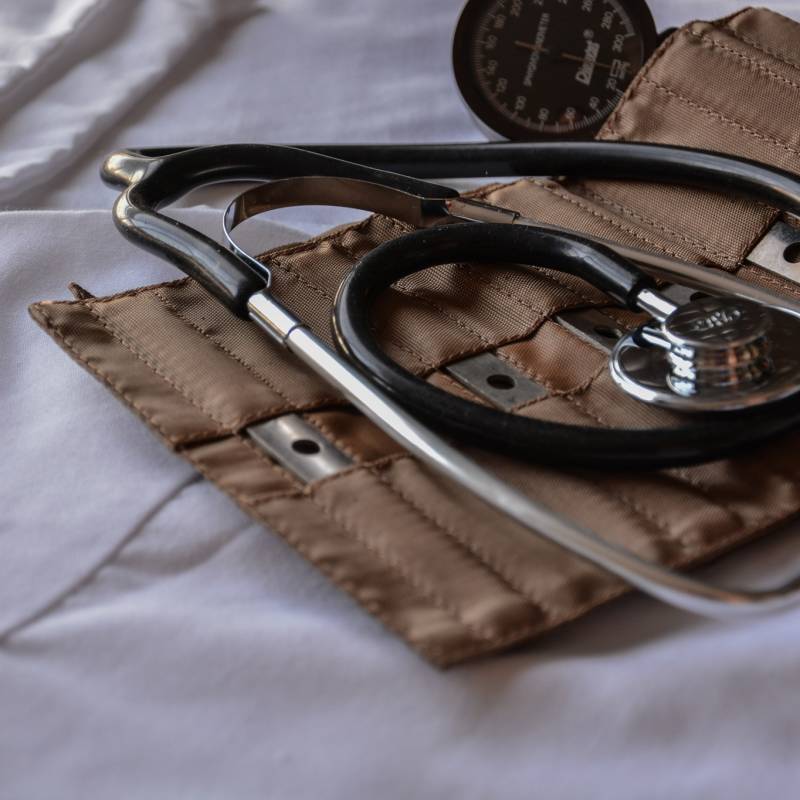
Shopping and wine
You will be pleasantly surprised at the prices and good quality of the goods, thus enhancing the buying power of your own currency. South Africa is popular for wood-carvings, handmade articles, ostrich leather goods, paintings and pottery and a wide, diverse selection exists from area to area. Antiques such as furniture, copper and silverware – from the 18th and 19th centuries – are freely available throughout the country. South African wines and spirits, which are very well priced, are also popular. Clothing, shoes, jewelry and semi-precious stones are bargains in South Africa. Sports gear and safari-style clothing are also good buys.
Most animal and plant products are not allowed to be exported from South Africa according to the Washington Conservation Convention – i.e. leopard and other pelts, ivory, crocodile bags, snakeskin products, mounted butterflies, cacti, cicadas and orchids. Most shops are open from 8:30am – 7pm, Monday to Friday and from 8:30am – 3pm on Saturdays.
South African wines are world class! We recommend the dry white wines such as: Buitenverwachting Blanc de Blanc or Sauvignon Blanc, Hamilton Russell Chardonnay, Thelema Riesling or Sauvignon Blanc. Some great reds are: Zandvliet Shiraz, Nederburg Cabernet Sauvignon, Meerlust Merlot, Beyerskloof Pinotage. We recommend all wine connoisseurs and lovers to purchase the John Platter Wine Guide on arrival as it classifies, rates and describes each South African wine in details.

Tipping
Tipping is at your own discretion depending on your satisfaction with the services offered. Most safari lodges have a central tipping box where you can leave a tip. The tips are then equally divided among all the hotel staff, except for the guide who is tipped separately. Tips on safaris are usually higher than when you stay in a city or beach hotel.
Our destination experts are happy to share more South Africa travel advice and help you plan your tour according to your interests and preferences. Contact us for your tailor-made and obligation-free itinerary.
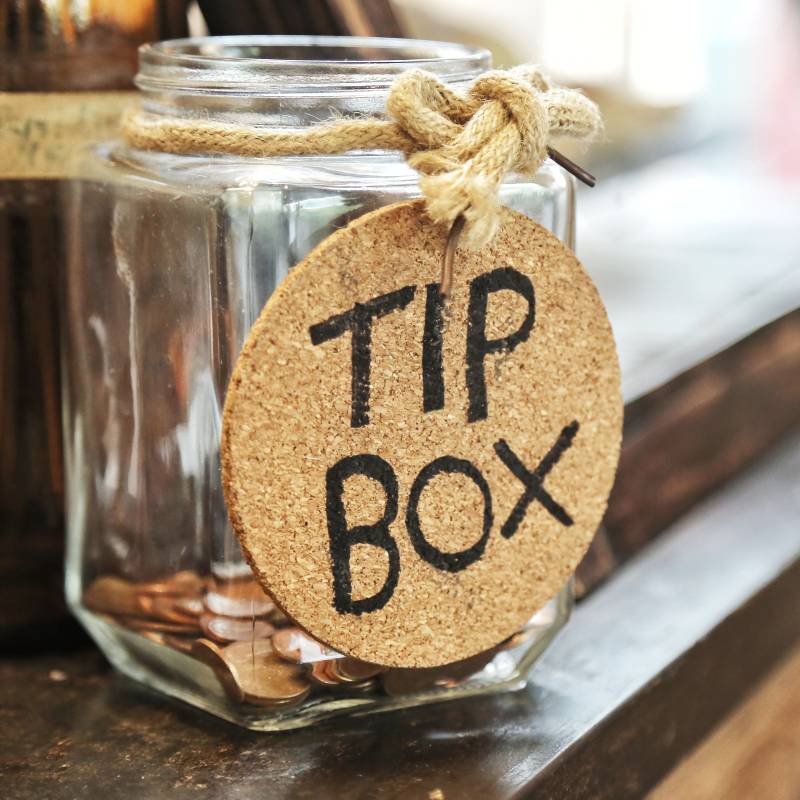
Popular Trips to South Africa
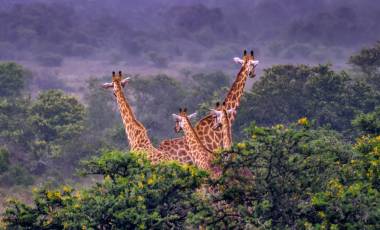
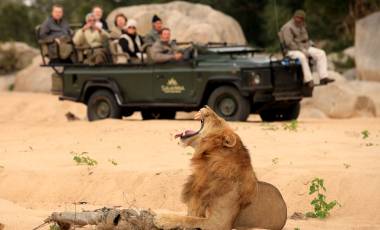
Prepare for the safari vacation of a lifetime as you journey through South Africa, Zimbabwe and Botswana. From game drives in Southern Kruger to boat safaris in Chobe National Park and village visits around Okavango Delta, there’s an enthralling set of experiences in store for you. The icing on the cake? A trip to Victoria…

Experience wild animals, natural wonders, and picture-perfect beaches on this bespoke Africa tour. Begin with a bang by taking a boat trip across the Zambezi River and boarding a helicopter to fly over the roaring Victoria Falls. Just next door, Chobe National Park is home to Africa’s largest elephant population and plenty of other wildlife, which…
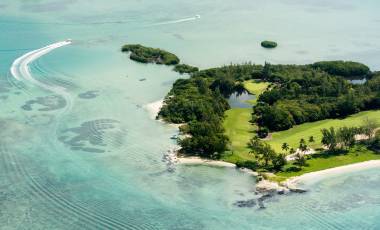
Combine a family-friendly safari in southern Africa with a wonderfully relaxing Mauritius beach vacation! Begin your safari adventure in the remote and Madikwe region which sit well off the tourist trail and affords fantastic game viewing opportunities. Explore the diverse landscapes of this region on your morning and afternoon game drives and spot curious animals…

This trip offers the perfect balance between wildlife safaris and beach bliss. Begin amid the colorful streets of Cape Town, discovering its rich heritage and delightful landscape. Kruger offers the quintessential African safari with a concentration of large mammals including the big five. End your African vacation on the idyllic beaches of Mozambique, surfing, snorkeling,…
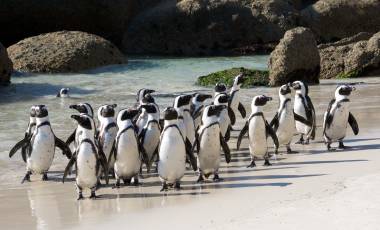
Discover South Africa beyond its fabulous safaris on this customizable road trip from the Western to the Eastern Cape. Explore the assorted charms of Cape Town, from its historic landmarks and the UNESCO-listed Table Mountain to the penguins of Boulders Beach. Next, board the Franschhoek Wine Tram, which takes you through the region’s finest vineyards…
Sorry, your search found no results.
Best Places To Visit
Best Time To Visit
Since South Africa is a very large country, the climate varies from place to place. While Spring is recommended for safaris, the good news is that you can visit at any time of the year. Here is an overview on the best time to visit.
Things To Do
Stunning wildlife, spectacular natural beauty, bustling cosmopolitan cities, wine safaris and gourmet dining together with a deep history – discover the top ten highlights of South Africa.from our destination experts.
From the Blog
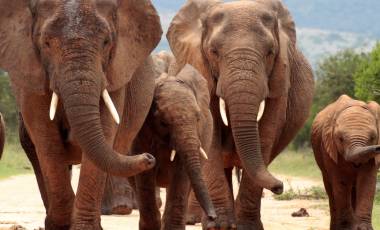
Winter in South Africa offers unique experiences far from the madding crowds. From African safaris to Cape Town, wine tours in South Africa and adventure, learn why.you should visit in winter.
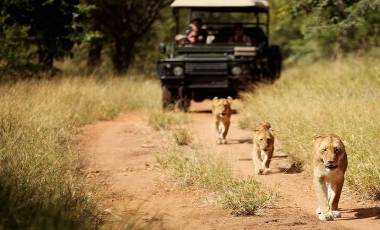
Kruger National Park is one of the most popular destination for safari thanks to the hundreds of species of animals and birds that call it home. Here’s your lowdown.
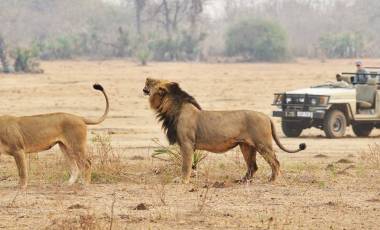
Come away with us to a wild, wild land. Such is the pull of the best African safari parks that we guarantee you’ll be coming back for more. Hauntingly beautiful, Africa’s timeless landscapes have inspired safari dreams for centuries.
Sorry, your search found no results.
